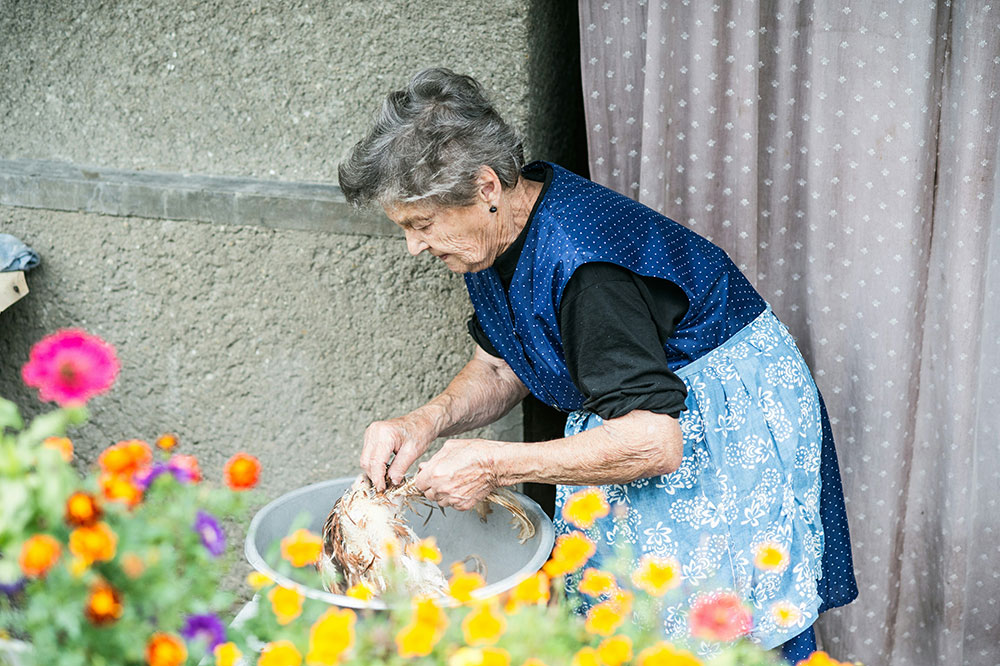The secret to living a longer, healthier life has fascinated researchers and health professionals alike. Across the globe, specific populations enjoy extraordinary longevity, often exceeding global life expectancy by decades.
These so-called “blue zones,” such as Okinawa in Japan and Sardinia in Italy, offer valuable lessons grounded in science. Dr. Gregory Duhon, MD, dives into the key factors that contribute to their exceptional lifespans and how these can be applied in modern lifestyles.
The Impact of Diet: Nutrient-Dense Foods
One of the most significant factors in longevity is diet, particularly one rich in nutrient-dense, whole foods. In regions like Sardinia and Ikaria, traditional diets include ample amounts of vegetables, whole grains, nuts, legumes, and healthy fats, with minimal reliance on processed foods.
“Studies consistently show that diets emphasizing whole, unprocessed foods reduce the risk of chronic diseases such as heart disease, diabetes, and certain cancers,” says Dr. Duhon. “The Mediterranean diet, for example, is well-documented for its ability to improve cardiovascular health and longevity.”
He highlights the importance of protein quality, noting that lean proteins such as fish and legumes provide essential amino acids without the excess saturated fat found in processed meats.
Physical Activity: Movement as a Way of Life
In blue zones, exercise isn’t confined to gyms or scheduled workouts—it’s seamlessly integrated into daily life. Walking, gardening, and even household chores contribute to consistent, low-impact physical activity.
Dr. Duhon explains, “Regular movement keeps the cardiovascular system in top shape, improves joint health, and reduces the risk of frailty later in life.”
Stress Management: The Cortisol Connection
Chronic stress is a well-known contributor to various health issues, including hypertension and weakened immune function. Blue zone populations employ effective strategies to minimize stress, from spending time outdoors to prioritizing restorative sleep.
“Cortisol, the body’s primary stress hormone, is detrimental to health in excess,” says Dr. Duhon. “Techniques like deep breathing, mindfulness, and ensuring adequate sleep can help regulate cortisol levels and promote overall well-being.”
Social Support: The Science of Connection
Strong social networks play a critical role in health and longevity, as studies have demonstrated that social isolation is a risk factor for premature mortality. In blue zones, close-knit communities and multigenerational living arrangements foster emotional and psychological resilience.
“Social connection has measurable benefits, including lower rates of depression and improved immune response,” notes Dr. Duhon. “Even simple acts like sharing meals with loved ones can have profound effects on health.”
Data-Driven Takeaways for Modern Life
Dr. Duhon emphasizes that these practices are not exclusive to specific regions. By incorporating scientifically verified habits into our daily routines, we can improve health outcomes and increase longevity:
- Prioritize whole, minimally processed foods and include a variety of vegetables, lean proteins, and healthy fats.
- Incorporate regular physical activity into your day, such as walking, cycling, or swimming.
- Manage stress effectively through sleep, structured downtime, or evidence-based techniques like meditation.
- Foster social connections by spending quality time with friends and family or participating in group activities.
A Roadmap to Longevity
Dr. Duhon concludes, “Longevity is not about finding a single secret but about adopting a series of scientifically backed habits that, together, promote a healthier, longer life. Small, consistent changes can yield significant benefits over time.”
About Dr. Duhon
Dr. Gregory Duhon, MD, is an Internal Medicine Physician and Hospitalist with acumen in ICU, emergency room, and crisis/pandemic management. Known for compassionate patient care, Dr. Duhon has donated volunteer time to provide medical care to flood victims and those affected by opioid addiction. Gregory Duhon is training for the Ironman and enjoys travel, cooking, and passion fruit propagation.






